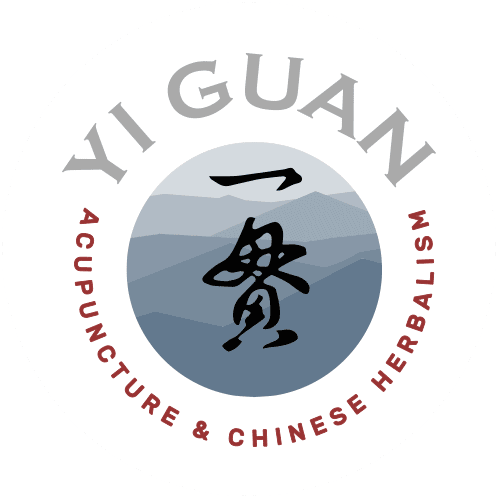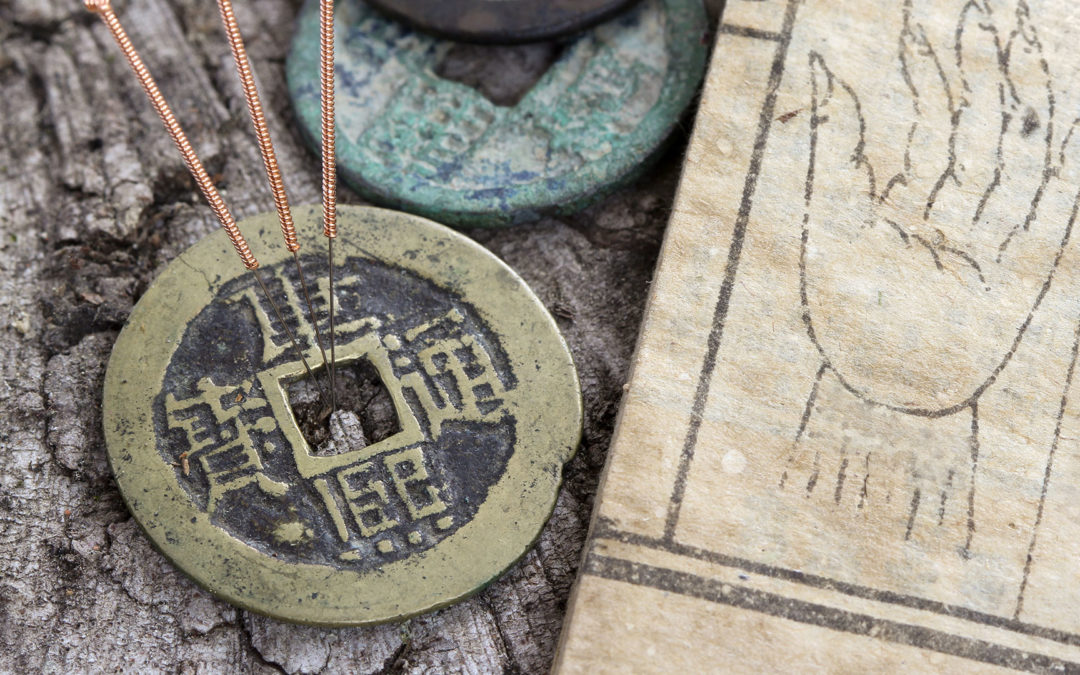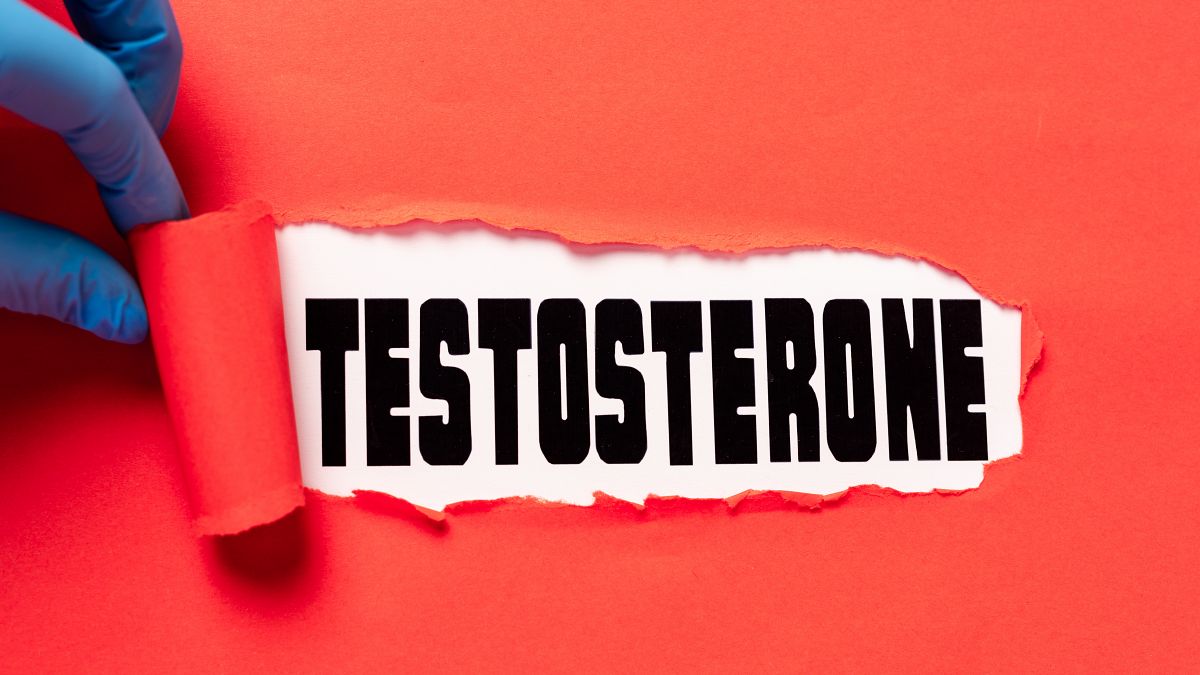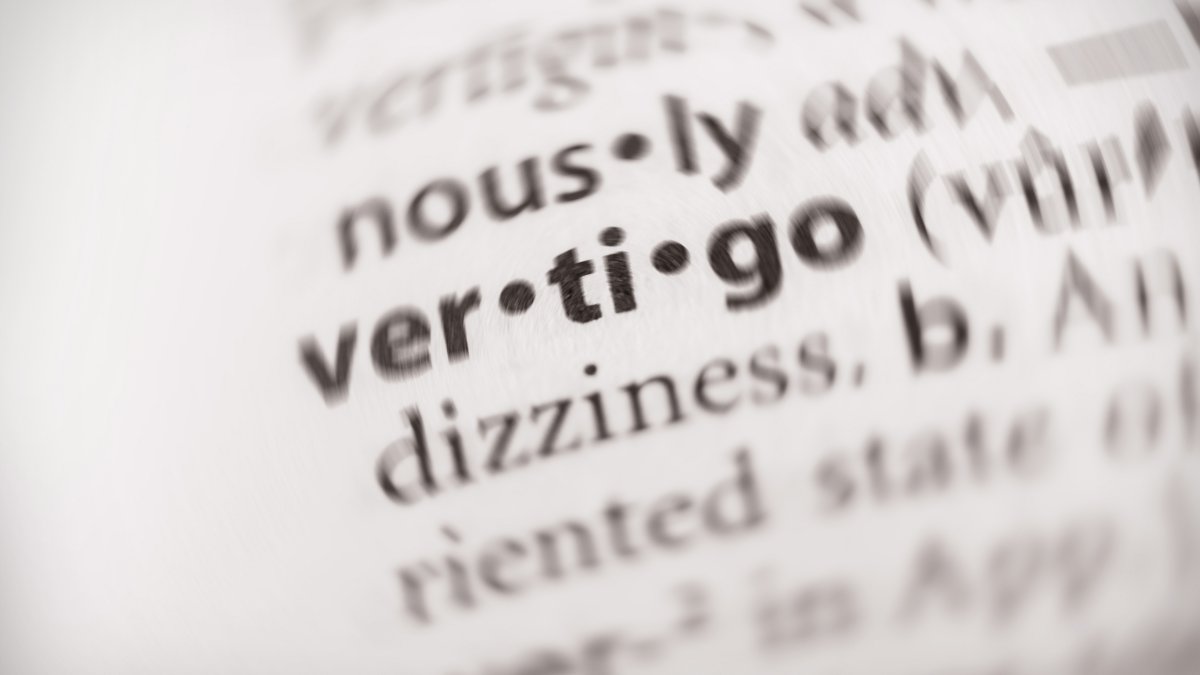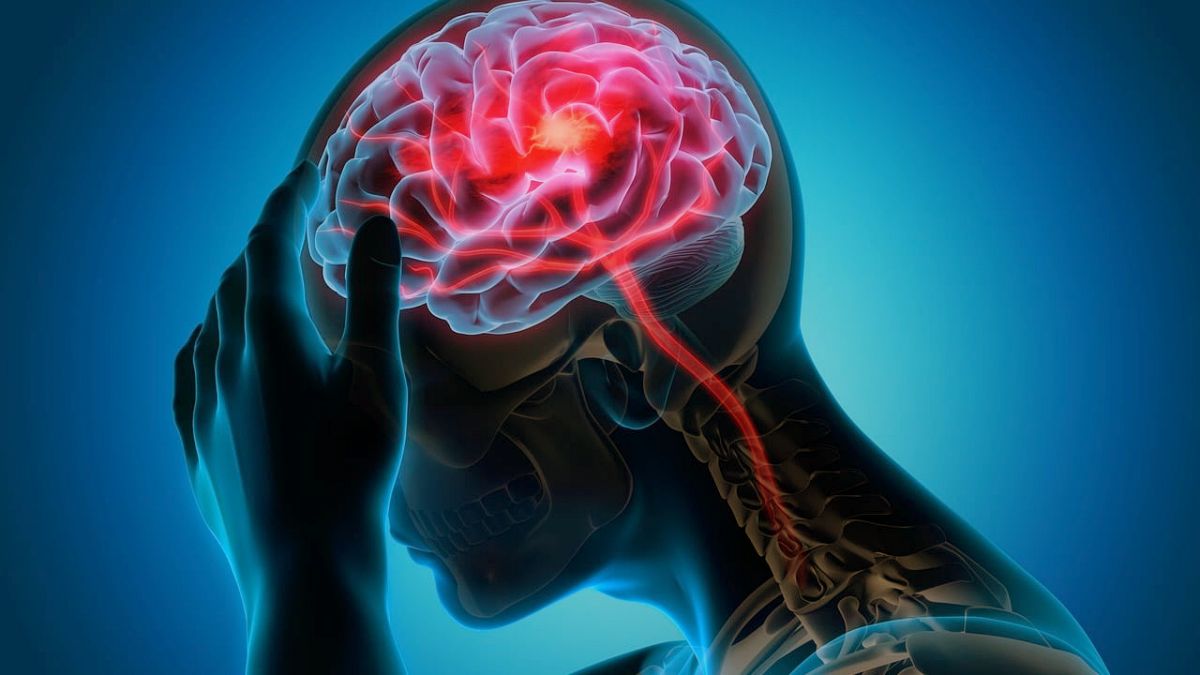How is Chinese Medicine Different from Western Medicine?
When comparing Chinese medicine versus Western medicine, they’re not just the same thing with different names and places. Try as people may to say that this Western disease translates to this traditional Chinese medicine disease and vice versa, this approach often leads to lackluster results. It is because the two approaches are just that different from one another. Throughout the course of this blog, you will see many posts doing what I just described, describing east in Western terms and back again. Hopefully through that endeavor, you’ll come to understand exactly what I mean by “just that different from one another.” But different doesn’t mean one is right and one is wrong, better or worse. Look at a pencil straight on, it looks like a dot. Look at it from the side and it looks like a line. What can be more different than a dot and a line? Yet it is just the one same thing seen from two perspectives.
Two Ways to Look at the Same Thing
In the end, there is only one human body. There is no eastern body different from a Western body. And that body hasn’t read any textbooks nor has any doctorates or board certifications. It just does as it is set up to do. Medicine, then, is just a rigorously codified reproducible method of describing observations of health and illness and system of dealing with those derailments. So, at the core of this difference between Chinese medicine versus Western medicine is the underlying paradigm of the method. To put each into a very short sentiment: In the West, the perspective seems to be “find what is broken and fix it.” And in the east, it seems to be “find what is out of sync, and balance it.” That is not to say that both approaches aren’t utilized by both East and West. But with those ideas at their respective cores, it shapes how the system forms on top of that underlying perspective.
Literal Versus Metaphorical Perspectives
Western medicine, in its efforts to find the thing that is broken, ends up valuing objective proof, going deeper and deeper in detail until either they’ve found the exact molecules involved or they’ve reached the end of current understanding, which is constantly being pushed deeper and deeper. How can you fix it if you don’t know it? And conversely, eastern medicine works towards understanding the cause and effect of relationships and of cycles of change. This led ancient Chinese physicians to develop a metaphorical framework. They thought of the human body as either an ecosystem, or a system of government, or a system of waterways. Over the centuries they have refined these relational metaphors into a decidedly reproducible system of diagnosing and treating ailments. Less focus is put on proving how it works since it very clearly does work.
Use What Works
It is obvious that both approaches have their merits and drawbacks, and both approaches when fully developed can stand competently on their own. But, as I always say, why choose? Why not use whichever lens give the most simple and actionable answers? And while at Yi Guan Acupuncture and Chinese Herbalism, the diagnostic and therapeutic approach is firmly rooted in the Eastern tradition, one with a dual training and experience can very quickly realize which, East or West, is the way to go with optimizing health. Work smarter not harder.
Who is Dr. Perez?
Dr. Dan Perez is both a Western-trained physician and a graduate of the AOMA Graduate School of Integrative Medicine. Based in Austin, Texas, AOMA is recognized as one of the leading schools in Chinese Medicine. Being both an expert in Western medicine and Chinese medicine, Dr. Perez offers his patients natural, minimally invasive and integrative medical options for treating a variety of chronic medical conditions.
Let's get started!
This could be the most important step you take in your health journey. Schedule a consultation now, or complete the short form and let's connect.
Free 15-min Consultation
Phone
NEW Location
Yi Guan Acupuncture and Chinese Herbalism
11614 Bee Caves Road, Suite 230,
Austin, TX 78738 (directions)
